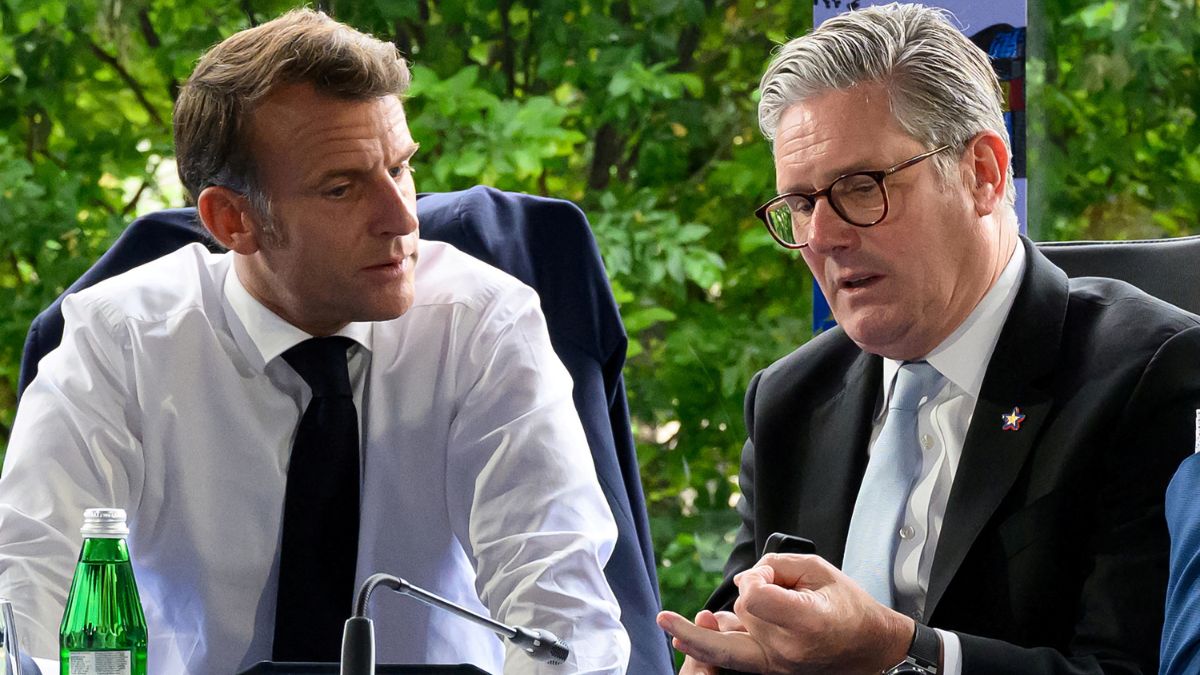UK Prime Minister Keir Starmer is facing mounting pressure from within his own Labour Party and across Parliament to formally recognise a Palestinian state, as the humanitarian crisis in Gaza continues to deepen.
On Saturday, over 220 MPs — nearly a third of the House of Commons — signed a letter urging Starmer to announce the UK’s recognition of Palestinian statehood at an upcoming United Nations conference. The move, led by Labour MP Sarah Champion, calls on the government to act on its longstanding support for a two-state solution.
“The UK must now outline when and how it will deliver on its commitment to a two-state solution and work with international partners to make it a reality,” the letter stated. Champion emphasised that while recognition alone won’t resolve the conflict, it would be a vital step toward peace.
“Recognition would send a powerful message to the Palestinian people — that they are not alone, and that peace is still possible,” she said.
In an op-ed published Friday, Starmer called the situation in Gaza a “humanitarian catastrophe” and announced plans to airdrop aid and evacuate critically ill children. However, he stopped short of supporting immediate recognition of Palestinian statehood.
“Recognition must come as part of a broader process that delivers lasting peace and security for both Palestinians and Israelis,” he wrote. “It should be used as a tool to maximise impact for those who are suffering — which must always be our ultimate goal.”
Impact Shorts
More ShortsAmid this, Scottish National Party (SNP) leader Stephen Flynn issued a warning: if Starmer continues to block recognition, the SNP will table a Palestine Recognition Bill when Parliament returns in September — and force a vote if necessary.
The domestic pressure mirrors a broader shift in European diplomacy. French President Emmanuel Macron announced this week that France would support Palestinian statehood at the UN General Assembly in September. The move drew sharp criticism from Israel and the US but was welcomed by pro-Palestinian advocates.
Germany and Italy, however, rejected the idea for now, citing the need for a negotiated settlement. Starmer has echoed similar concerns, maintaining that recognition should be part of a peace process — not a unilateral gesture.


)

)
)
)
)
)
)
)
)



